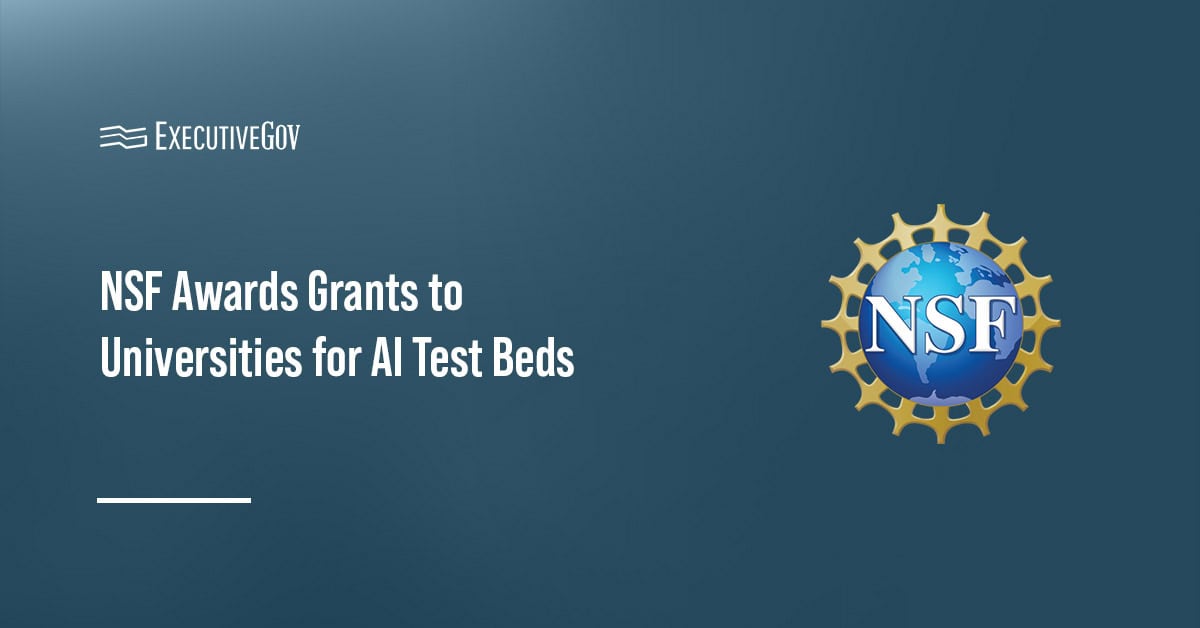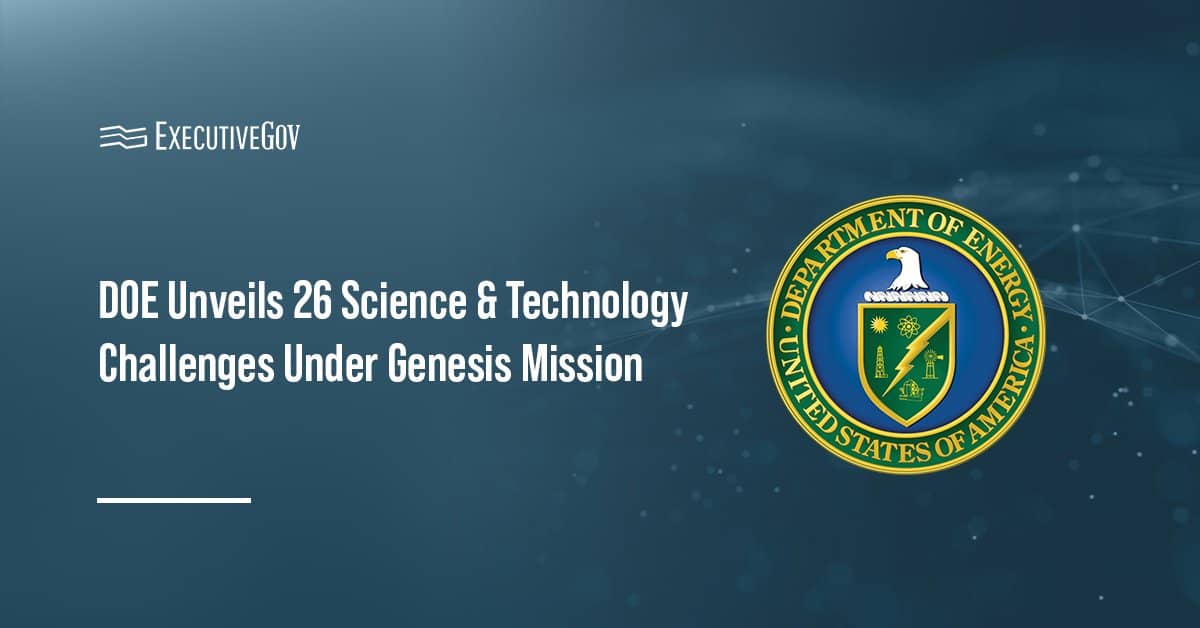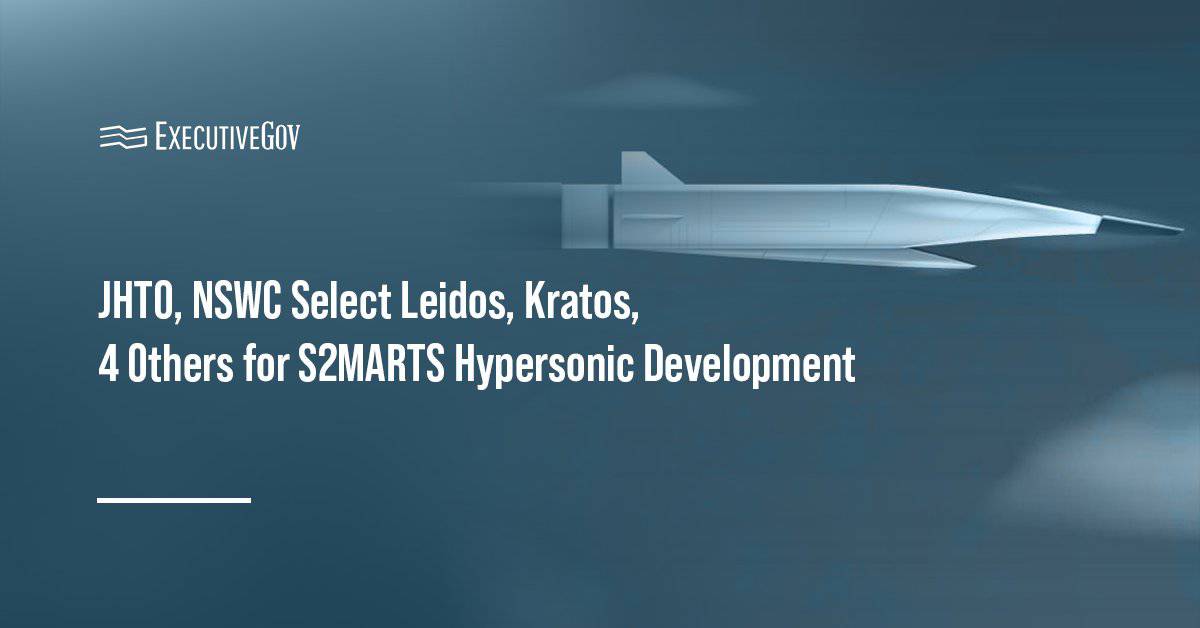The U.S. National Science Foundation has awarded over $2 million in grants to four universities to develop artificial intelligence-ready test beds, which are real-world environments designed to fast-track the testing and deployment of AI technologies in key sectors of the country.
The recipients of the grant include Rutgers University, Cornell University, University of Maryland and University of Michigan, NSF said Wednesday. The NSF’s Computer and Information Science and Engineering and Technology, Innovation and Partnerships directorates are leading the research effort in line with the government’s AI Action Plan, which seeks to invest in secure, real-world environments for developing and commercializing new AI systems.
Table of Contents
Details of Awarded Research Projects
The projects awarded to the universities apply AI to several fields, including wireless and radio communications, smart transportation, disaster planning, agriculture and others.
The STARWAI project, which is headed by Rutgers University–New Brunswick, is a test bed where wireless technology can be tested and improved using AI. The project aims to improve the performance and management of wireless networks using AI, while also upgrading wireless systems to better support AI applications, which can be used for various sectors such as advanced manufacturing, smart cities and transportation. STARWAI was based on a previous project called COSMOS, a city-sized testing area in West Harlem.
The Artificial Intelligence for Agriculture, or AI4Ag, which is being developed by Cornell University, will create an AI-ready living lab at the institution’s Agricultural Systems test bed, where new AI technology can be tested in real farming conditions. The AI4Ag seeks to help farmers grow crops more efficiently, use less water and fertilizer, and adjust to climate change and market shifts.
The Test Bed For Disaster for Disaster Resilience Auditing Crisis Evaluation, or TRACE, which is managed by the University of Maryland, aims to address natural disasters like wildfires, earthquakes, snowstorms and hurricanes. TRACE will use AI, robots, sensors and live data to help emergency teams respond quicker and make smarter decisions. The project intends to transform disaster preparedness and response for cities.
The University of Michigan will improve the Mcity 2.0 test bed, aiming to make self-driving cars and delivery drones safer and more realistic. The project will be used to test how vehicles interact with people, other cars, and roads in real-life situations. The upgraded test bed will also help researchers develop new services like robotaxis and automated delivery or charging, which can fast-track the deployment of transportation technologies.
Remarks by NSF’s Ellen Zegura
NSF Acting Assistant Director for CISE Ellen Zegura said that the AI test bed project was unique to the agency.
“It leverages critical, existing test environments to drive AI progress. This initiative not only builds the foundation for new breakthroughs in AI research but also helps bridge the gap between research and applications by connecting researchers with real-world challenges and enabling them to explore how AI can be most effectively applied in practice,” she said.





